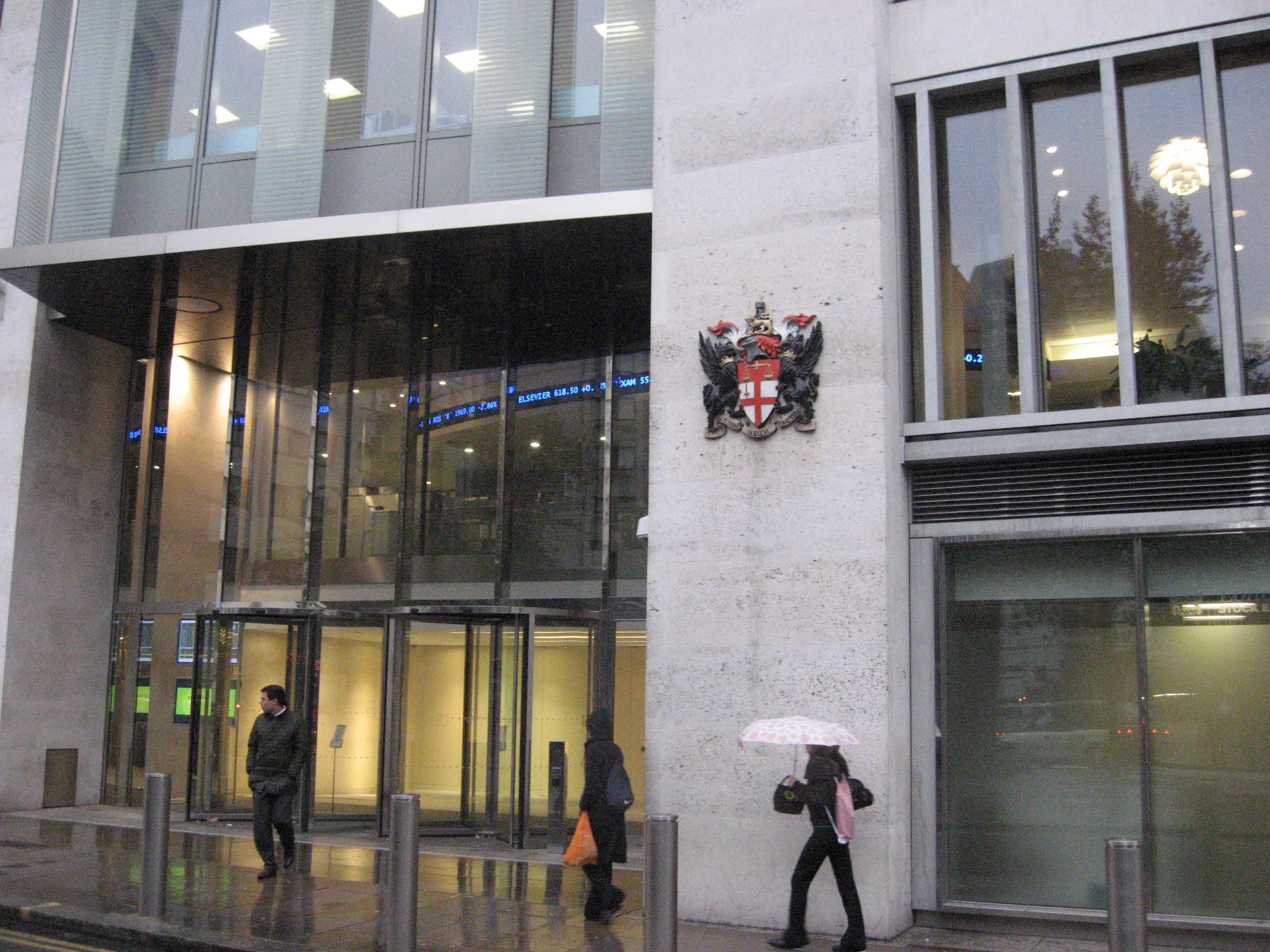Holmes Report 10 May 2015 // 5:45PM GMT

The way a company protects its reputation has a direct bearing on how City analysts and investors determine the value of the business and how they will treat its stock, but only 3 percent of FTSE 100 companies currently have a way of checking they are managing reputation across the business, according to the latest Reputation Resilience report—How the people who value companies value reputation—from law firm Schillings.
Based on in-depth interviews with influential money men and women, the report also reveals that:
- Only 4 percent of FTSE 100 companies define their reputation risk appetite;
- Only 8 percent of FTSE 100 companies currently measure reputation risk;
- Only 11 percent of FTSE 100 companies classify reputation risk as a separate risk category;
- Only 23 percent of FTSE 100 companies state that reputation is owned by the board.
According to David Imison, director of risk consulting at Schillings, “When we commissioned this study, we fully expected to uncover an emerging interest in reputation risk management among the investment community. But the true extent of their interest and the depth of their analysis exceeded expectations.
“One of the insights we found particularly interesting was just how many analysts and investors referenced the financial services sector as a case in point for reputation risk management. Where in the past the investment community would have perhaps viewed reputation damage as a temporary issue that a good company could readily bounce back from, the experience from the sector to which they are most closely associated has been a painful lesson.
“As a result, analysts and investors know only too well that reputation is no longer an issue that can be kicked into the long grass in the good times; it requires constant attention. As this research makes strikingly clear, if a company is unable to demonstrate its processes and competency for identifying and managing reputation issues across the business, the value of the company may be impacted.
“The good news is that analysts’ desire to look to the future means they are prepared to put past reputational crises behind them; so long as you have proved your ability to learn from it. The bigger you are the less of an excuse you have for not having the processes in place to deal with a reputational issue
“The incentive for getting the right people and processes in place are not just a matter of reputation protection but of a stronger valuation in the eyes of the investment community.”


































.jpg)
















